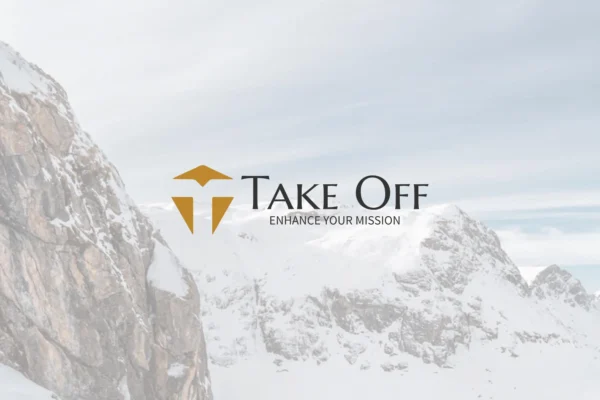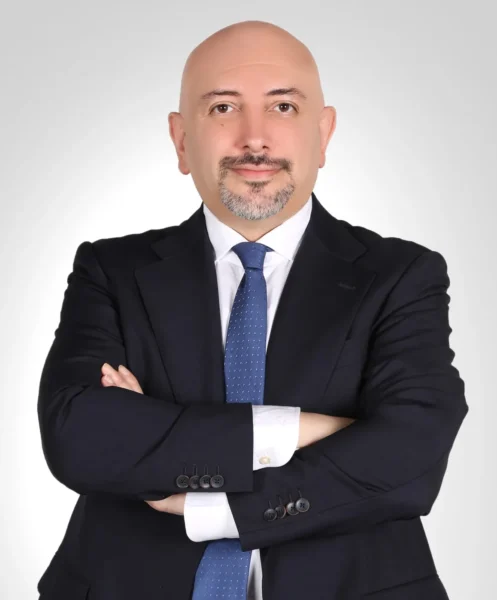Leadershift
In the third stage of the Leadership Excellence Journey, individuals who have mastered the various skills discussed in the previous two stages—typically senior leaders within organizations—are invited to embark on a deeper journey into the realms of self-awareness and inner reflection. At this stage, beyond self-knowledge, the focus shifts toward meaning and fundamental concepts, engaging participants in profound conversations about purpose, values, and the essence of leadership.

Leadershift Services: What is it like?
The third stage of the journey is primarily a reflective and intellectual one. It centers on a fundamental shift in attitudes, beliefs, and mindsets. A return to the true self—as the foundation of authentic leadership—is the core of this phase. In this stage, we aim to create the conditions for a paradigm shift, offering our fellow traveler the space and support to embrace a deeper transformation.

possible—and indeed essential—to develop other managers and leaders within the organization to operate at this elevated level. Doing so multiplies the organization’s potential for success and impact.
But what does elevated leadership really mean?
You may have encountered concepts such as Leadership Styles, Authentic Leadership, Adaptive Leadership, or Situational Leadership. These ideas move beyond theory and truly come to life only when a leader experiences a profound paradigm shift in mindset and perspective.
At this level, while more advanced tools and more complex skills may certainly be part of the picture, the essence of great leadership lies elsewhere. It stems from mental clarity, genuine acceptance of the leadership role, and deep self-awareness. The very presence of terms like “authentic leadership” in this space is, in itself, proof of this.
A leader’s honest confrontation with the self—their values, inner beliefs, and sense of purpose—often plays a far greater role in shaping the future of a team or organization than any external method or management tool. It is the inner maturity and depth of character that ultimately determine their effectiveness.
Core leadership qualities such as authenticity, integrity, and humility, and fundamental issues like trust within the organization, are the types of topics that emerge at this level and deserve deep exploration.
From our perspective and experience, what truly matters at this stage is not so much the tools, but the leader’s mindset, awareness, and character. That’s why, in this stage of the journey, our focus is on exploring these core elements, understanding their true meaning, and engaging in thoughtful, in-depth conversations around them.
Roma Leadership Services

Take Off
The second stage involves more theoretical discussions and the acquisition of more advanced and complex skills and tools. Managers are expected to engage in deeper thinking, make decisions on more complicated issues, and overall develop a more precise and profound understanding of their responsibilities and accountability.

Members
With Roma, be the best version of yourself.
Personal growth and development is a path that makes sense with professional guidance and support. At Roma Group, we are with you on this path with over a decade of experience in coaching and consulting. Through diverse programs such as Footsteps and Bridges events.
Frequently Asked Questions
The selection of educational content and its program must be done after a careful needs assessment. A correct needs assessment is the first step towards educational effectiveness. Then, the way of presenting the educational experience in a practical and interactive way will ensure that the individual has gained first-hand experience and is more prepared to apply what he has learned in the field of practice. It is necessary that for the effectiveness of education, there are measures to be considered in performance evaluation programs and that the individual has an external motivator in addition to self-aware internal motivation to apply the teachings. Retraining sessions, practice or in-action guidance are the guide and guarantee of the implementation of education.
The selection of educational content and its program must be done after a careful needs assessment. A correct needs assessment is the first step towards educational effectiveness. Then, the way of presenting the educational experience in a practical and interactive way will ensure that the individual has gained first-hand experience and is more prepared to apply what he has learned in the field of practice. It is necessary that for the effectiveness of education, there are measures to be considered in performance evaluation programs and that the individual has an external motivator in addition to self-aware internal motivation to apply the teachings. Retraining sessions, practice or in-action guidance are the guide and guarantee of the implementation of education.
The selection of educational content and its program must be done after a careful needs assessment. A correct needs assessment is the first step towards educational effectiveness. Then, the way of presenting the educational experience in a practical and interactive way will ensure that the individual has gained first-hand experience and is more prepared to apply what he has learned in the field of practice. It is necessary that for the effectiveness of education, there are measures to be considered in performance evaluation programs and that the individual has an external motivator in addition to self-aware internal motivation to apply the teachings. Retraining sessions, practice or in-action guidance are the guide and guarantee of the implementation of education.











